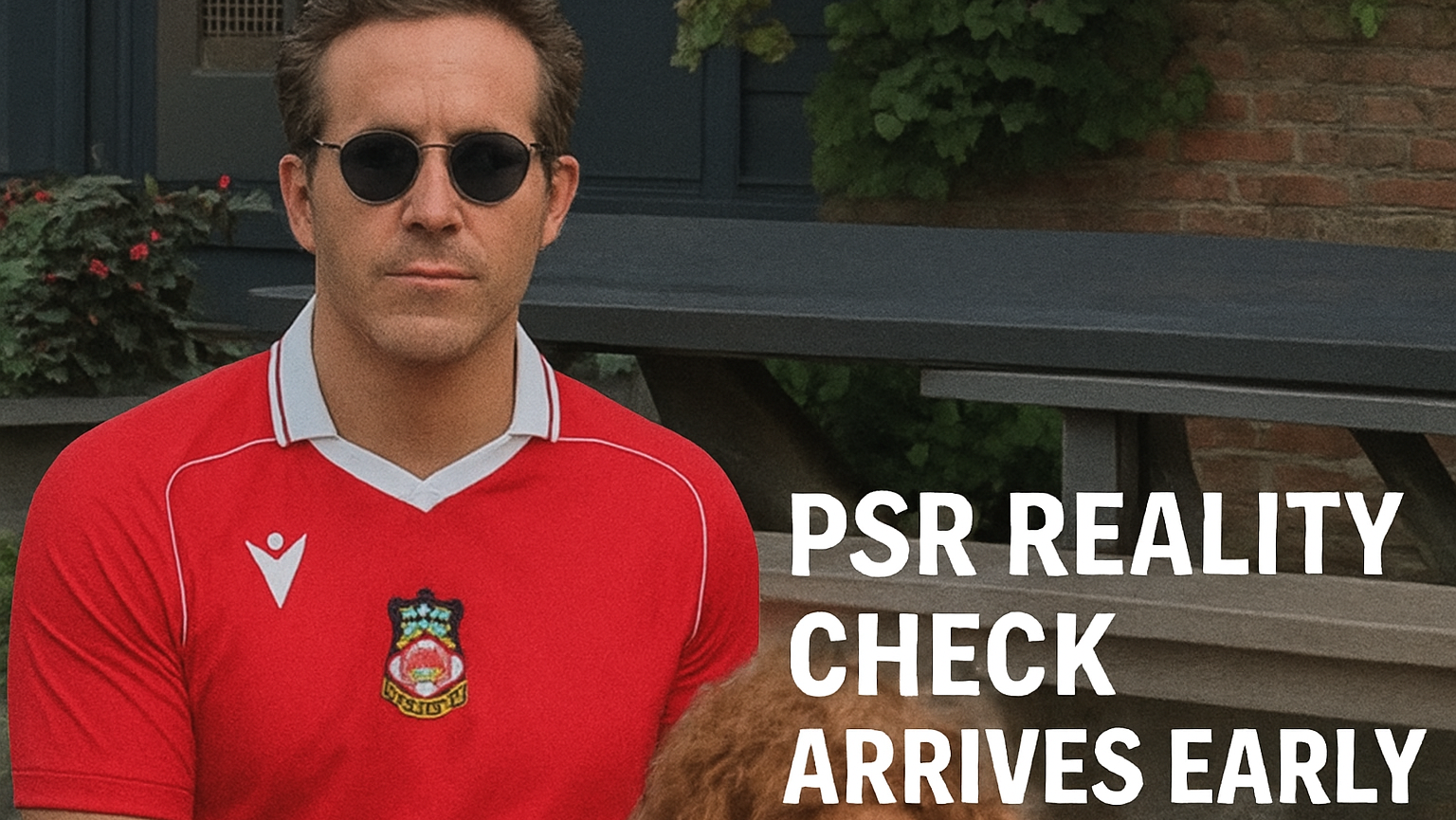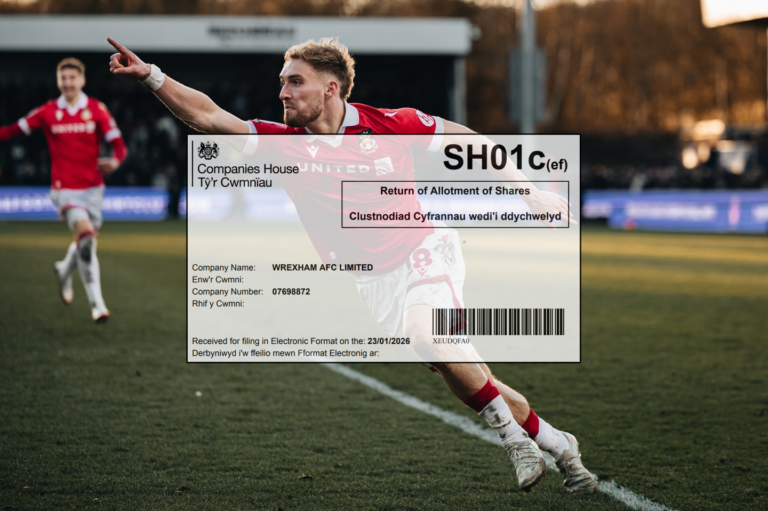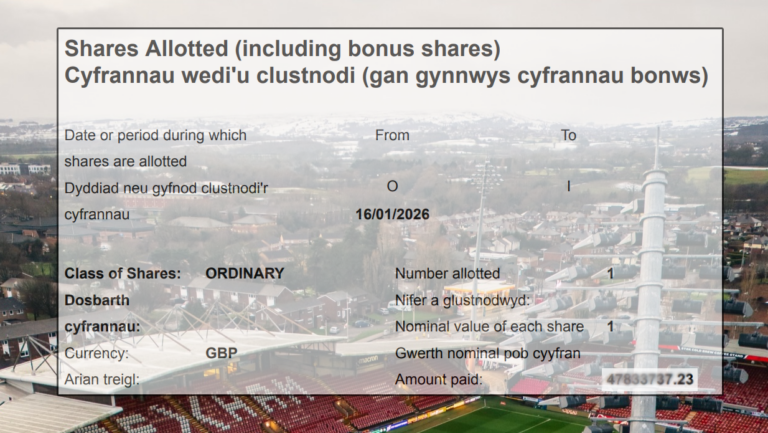
Credit: @vancityreynolds Instagram
The £33 million splashed across the summer transfer window bought Wrexham ambition, but it also bought something else: financial constraints that Ryan Reynolds and Rob McElhenney cannot simply write a cheque to overcome. With the club sitting 13th in the Championship and just four points from the playoff positions, January represents both the best opportunity Wrexham will get to mount a promotion push and the moment when profitability and sustainability rules start dictating decisions as much as Hollywood wealth.
Sky Sports analyst Don Goodman has called the current Championship landscape uniquely winnable, with traditionally dominant sides like Southampton and Leicester struggling to impose themselves and the table compressed to the point where four teams on 21 points sit separated by a single place. The window might be open now, but it will not stay open forever.
Yet Goodman also issued a stark warning about the financial reality facing the club. Despite the owners’ considerable resources, Championship regulations limit losses to £41.5 million over a rolling three-year period, and after spending heavily in the summer, the room for manoeuvre has shrunk considerably.
PSR Rules Force Sales Before Signings
The profitability and sustainability regulations that govern Championship clubs are explicit and unforgiving. Clubs can lose no more than £41.5 million across three years, a figure adjusted this season to account for inflation but still far below the spending power Reynolds and McElhenney theoretically possess.
Embed from Getty ImagesGoodman spelled out the practical consequence of those limits when he told JeffBet that financial fair play could force Wrexham to sell players before they can buy. The idea of getting some out before getting some in is not the language of a club with unlimited resources, it is the language of a club operating within regulatory boundaries that Hollywood money cannot circumvent.
That reality shifts the January conversation entirely. Instead of simply identifying the right targets and paying the fees, Phil Parkinson and the recruitment team must first balance the books, moving players out to create space for incomings while maintaining squad depth in a promotion race.
Williamson’s Two-Timeline Strategy Offers The Smart Exit
If PSR limits present the problem, chief executive Michael Williamson has articulated the solution. Speaking to The Leader, he outlined an approach that targets players capable of contributing immediately while also being ready for the Premier League, effectively extracting maximum value from every pound spent within financial constraints.
The strategy has precedent. Ryan Longman and Sam Smith arrived last January with precisely that dual mandate, bringing the quality to step up if promotion arrived.
This approach makes sense for a club facing financial boundaries but harboring top-flight ambitions. By targeting players who can perform now and grow into the Premier League, Wrexham maximises the return on constrained investment while avoiding the need to rebuild entirely if promotion happens sooner than expected.
Goodman himself backed this logic, suggesting January spending should prioritise quality over quantity, bringing in one or two players who go straight into the starting eleven rather than adding squad depth that might not make an immediate impact.
Reynolds and McElhenney have never hidden their Premier League ambitions, but the January transfer window will test whether their project can navigate the gap between Hollywood backing and regulatory reality. The opportunity Goodman identifies is real, the financial limits are equally real, and how Wrexham manages that tension will define whether this season becomes a genuine promotion push or a reminder that wealth alone cannot overcome the structural constraints of English football’s financial rules.






